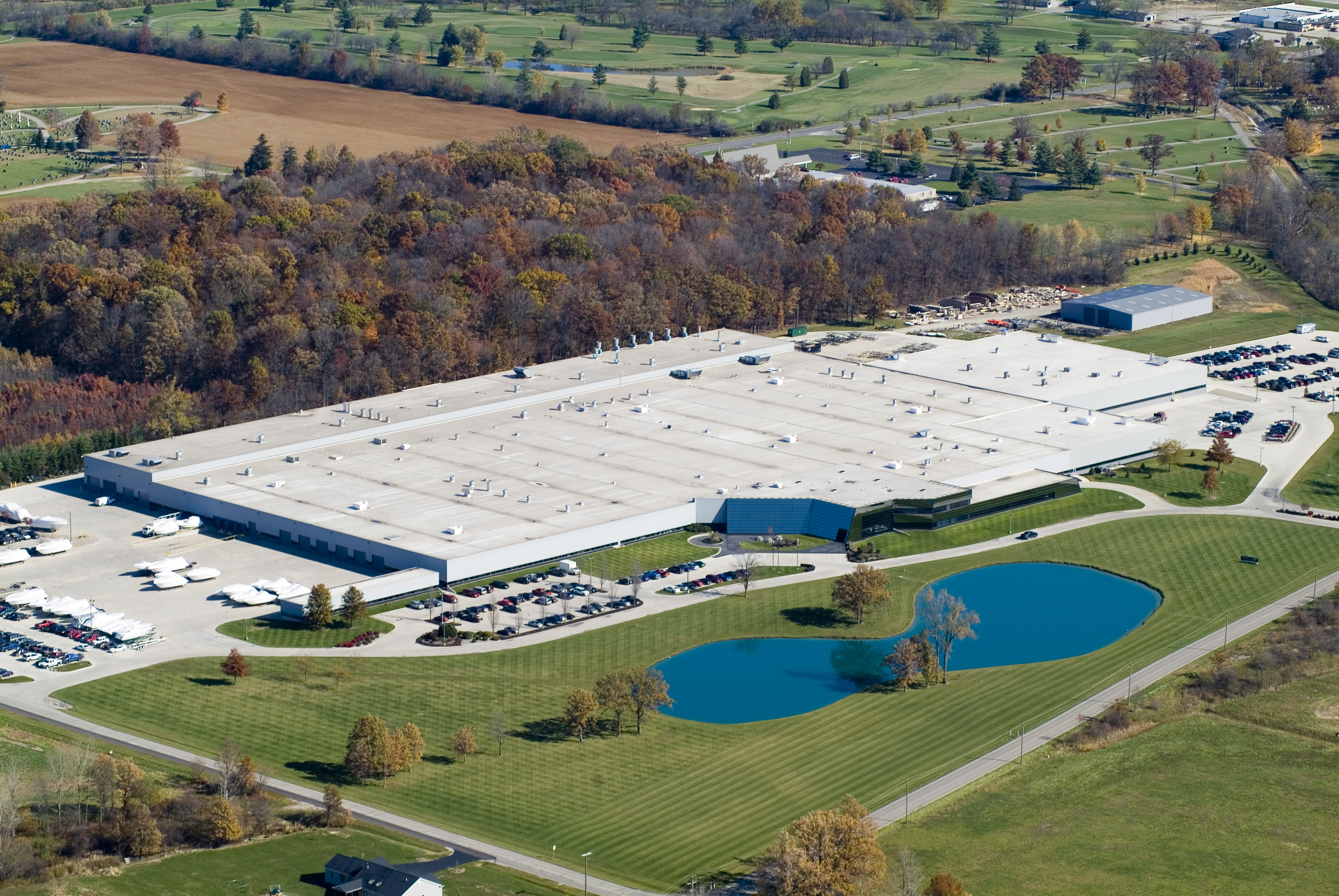When it comes to industrial roofing, selecting the right roofing material for your building is important for ensuring long-term durability, energy efficiency, and minimal maintenance costs. A flat roof is a common feature for industrial buildings, as it maximizes space and allows for easier installation of HVAC systems, solar panels, and other equipment. However, not all flat roofing materials are created equal, and choosing the right one can save you time and money down the road. Here’s a guide to help you choose the best flat roofing material for your industrial building.
Factors to Consider When Choosing a Flat Roofing Material
Before diving into specific materials, it’s good to know the many factors that will affect your decision:
- Climate and Weather Conditions: The local climate plays a key role in determining the best roofing material. If your industrial building is located in an area with harsh winters, you’ll need a material that can withstand freezing temperatures. On the other hand, buildings in hot climates will benefit from materials that reflect UV rays and reduce heat absorption.
- Durability and Lifespan: Your roofing material should be durable enough to withstand the wear and tear of your industry’s specific needs, such as heavy foot traffic, chemicals, or extreme weather conditions. This is especially important if you want to avoid frequent commercial roof repairs.
- Energy Efficiency: Some roofing materials offer reflective coatings that can help reduce energy costs by minimizing heat absorption.
- Maintenance Requirements: Regular maintenance is necessary to prolong the life of your roof. The amount of upkeep depends on the material, so choosing one with minimal maintenance needs can reduce ongoing costs.
- Cost of Installation: Budget is often a deciding factor in material choice. While some materials may have a higher upfront cost, they could provide savings in the long run through energy efficiency and longevity.
Popular Flat Roofing Materials for Industrial Buildings
There are multiple roofing materials options that are commonly used in industrial roofing systems, with each offering distinct advantages.
EPDM Roofing: Durable and Low Maintenance
EPDM (Ethylene Propylene Diene Monomer) roofing is a popular choice for flat roofs due to its long lifespan, typically 25 to 30 years. It’s a rubber membrane that’s known for being incredibly durable and resistant to weather elements like UV rays, and extreme temperatures. EPDM roofing also has excellent flexibility, making it ideal for buildings in colder climates where the roof may contract and expand with temperature changes.
Since EPDM roofing is a low-maintenance option, it’s a great choice for industrial buildings that need a reliable roofing solution with minimal upkeep. However, if you do experience damage, a commercial roof repair can often be completed quickly and cost-effectively.
PVC Roofing: Energy-Efficient and Reflective
If you’re looking for a flat roofing material that offers energy efficiency, PVC roofing could be the solution. PVC (Polyvinyl Chloride) roofs are highly reflective, helping to reduce cooling costs in hot climates by reflecting UV rays. Additionally, PVC is resistant to water, fire, and chemicals, making it an ideal choice for buildings exposed to harsh conditions or industrial processes.
PVC roofing is also known for its durability, with a lifespan of 20 to 30 years, and its resistance to damage from foot traffic. Though it may have a higher initial cost, the energy savings and long-term durability can make it a cost-effective choice for commercial buildings.
TPO Roofing: Affordable and Reflective
TPO (Thermoplastic Olefin) is another energy-efficient option that’s gaining popularity in flat roofing systems. This material is both affordable and highly reflective, which helps to reduce energy costs by reflecting sunlight away from the building. TPO is also resistant to algae, bacteria, and dirt accumulation, which helps it maintain its appearance over time. If you’re working with a tight budget, TPO Roofing can provide a cost-effective solution without budging on performance.

How to Work with a Flat Roofing Contractor
Choosing the right material is only part of the equation. The flat roofing contractor you hire plays a significant role in the success of your roofing project. Here are some tips for finding the right contractor:
- Check References and Reviews - Make sure to check the contractor’s reviews and ask for references from past clients. A reputable contractor will have experience working on industrial roofing systems and can provide examples of similar projects they’ve completed.
- Verify Licensing and Insurance - Ensure that the contractor is properly licensed and insured to handle roofing projects in your area. This protects you from potential liabilities and ensures the work is done to code.
Conclusion
Choosing the right flat roofing material for your industrial building depends on factors like climate, budget, durability, and energy efficiency. EPDM roofing and PVC roofing are two of the most popular choices, offering excellent performance and longevity. Whether you’re looking for a low-maintenance solution or a roofing material with energy-saving benefits, there’s a flat roofing option that’s right for your business.
Don’t forget to work with an experienced flat roofing contractor to ensure your project is completed properly. Whether you need a commercial roof replacement or commercial roof repair, the right contractor can help you choose the best material for your needs and get the job done right the first time.
Are you ready to get started with your roofing project? Contact Preferred Inc. - Fort Wayne, Northeast Indiana’s trusted flat roofing contractor, to discuss your options and ensure your industrial building has a roof that will last for decades to come.

